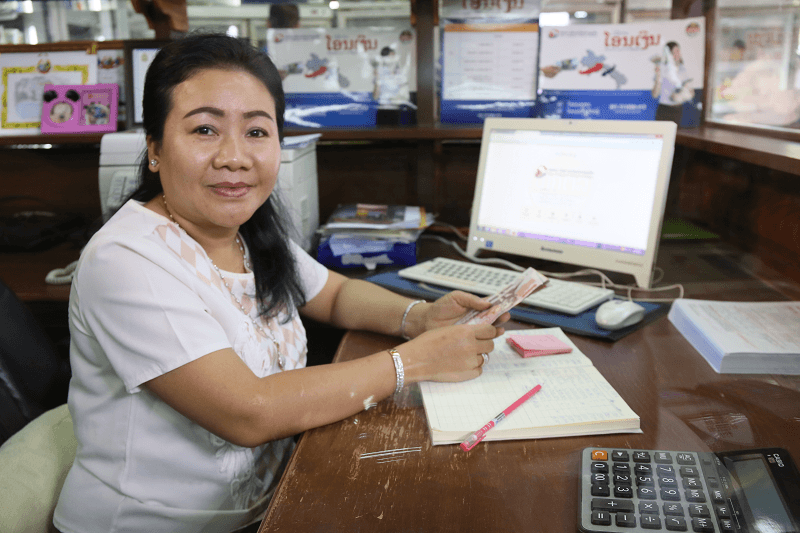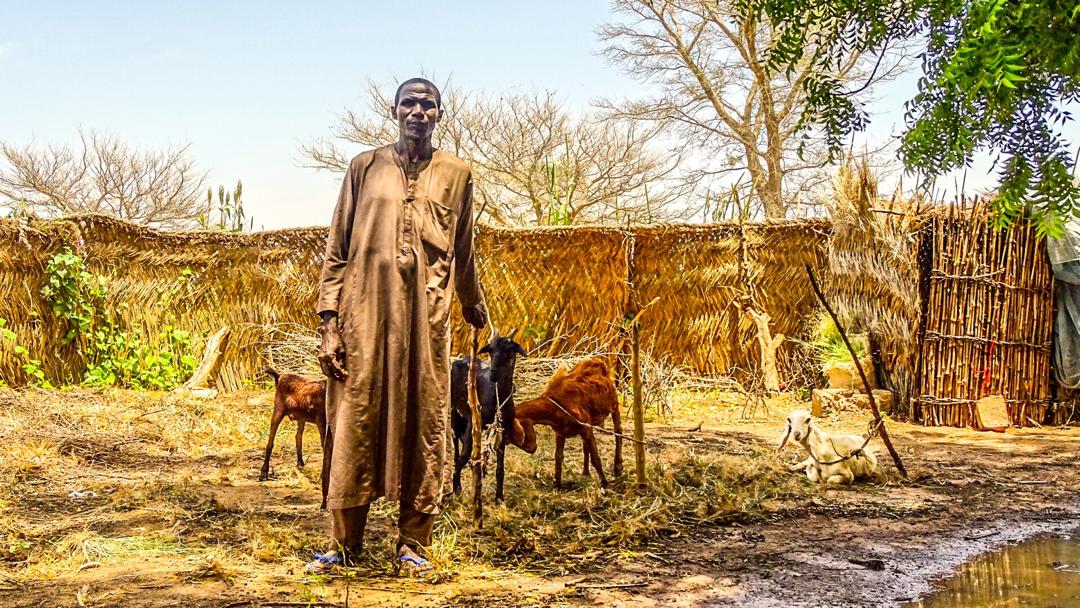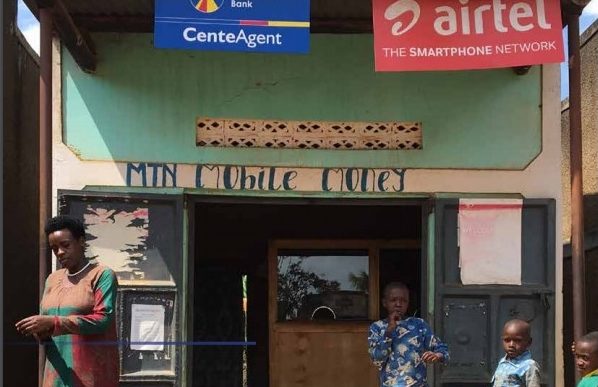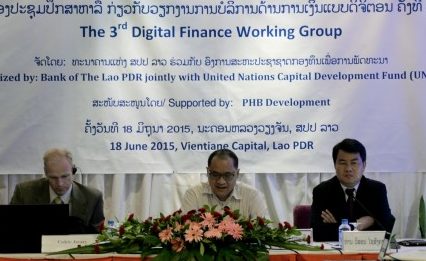
Creating a new world of banking in Lao PDR A vision for branchless banking realized
Republished from the UNCDF MM4P website: https://www.uncdf.org/article/2528/creating-new-world-banking-lao-pdr
On 12 May 2015, the first branchless banking transaction was completed in a rural village in the Lao People’s Democratic Republic (Lao PDR). This ground-breaking transaction took place with a service launched by Banque pour le Commerce Exterieur Lao Public (BCEL), one of the country’s leading banks. The service, BCEL Community Money Express (BCOME), was the first of its kind in this largely agrarian and rural nation.
Digital financial services (DFS) in Lao PDR can have significant impact by providing access to services that the dispersed population is sorely missing. The first branchless transaction opened a new world of banking that is fast, safe, inexpensive, convenient and reliable, though the story behind the project was neither swift nor simple. The journey to launch digital finance and branchless banking took investment and planning that began years ago, in 2012, with the engagement of the Bank of the Lao PDR (BoL) and the United Nations Capital Development Fund (UNCDF).
Bringing digital finance to Lao PDR required a serious commitment by BoL, which had not yet established a regulatory framework for DFS at the time. But BoL had a vision for digital finance, that it would be an important service to broaden financial inclusion and to accelerate local development. The 2014 FinScope survey of the country revealed that access to banking services was twice as high in urban areas than in rural, with the areas without year-round road access severely affected. The two main reasons for the finding were the following:
- Distance: It takes more than one hour of travel time for at least 40% of rural people to travel from the often remote mountainous areas where they live to a bank branch or an ATM.
- Income: Most rural dwellers have unpredictable income.
In sum, banking was an awkward, time-consuming and expensive proposition for many people (see the figures for greater understanding of the financial context at the time).
In 2013, BoL hosted a two-day stakeholder conference with the support of UNCDF and International Finance Corporation to explore the benefits of digital finance for financial inclusion and to develop a strategy to implement DFS for the benefit of rural Lao people. BoL also requested a scoping mission to assess the potential for DFS in the country be conducted by the UNCDF programme Mobile Money for the Poor (MM4P), through the national implementation programme called Making Access to Finance More Inclusive for Poor People (MAFIPP). The project received generous financial support from the Australian Government.
In parallel, with the support of UNCDF, BoL went to work on creating an enabling regulatory framework for DFS to permit banks and non-banks to offer services. As Akhom Praseuth, Director General of the Financial Institution Supervision Department at BoL, explained, “The Bank of the Lao PDR has a vision for digital finance and we work on its promotion. We are focused on building a strategy for expanding access to financial services, and set the laws and regulations for mobile banking as a tool to control digital finance.” UNCDF supported BoL in its regulatory efforts by assisting BoL staff to attend different workshops and go on exposure visits to Cambodia as well as providing international regulatory experts to advise on the development of appropriate regulations. In 2014, two members of the BoL regulatory committee also travelled to the United Republic of Tanzania to meet with staff of the country’s central bank, Bank of Tanzania, to understand its role and the framework that had helped that country develop its own successful DFS ecosystem.
In the intervening period, BCEL became attracted to DFS and started developing its own vision to promote a suitable service for the Lao context. BCEL worked concurrently with a UNCDF-supported consultancy to develop a five-year business case that established a target of serving 150,000 customers annually through a network of 410 agents. “The inspiration to create this project began when we received the statistics on Lao people’s access to financial resources and the banking system in the country,” said Nanthalath Keopaseuth, Deputy Director at BCEL (the service provider for BCOME). “We like to bring the technology into the system to reduce costs and at the same time to offer the communities accessibility to funding resources. That is how it made BCEL to be interested, to carry out studies and have a hands-on approach to the project,” stressed of Mr. Keopaseuth.
BCEL is one of the oldest and largest banks in Lao PDR in terms of retail customers, branches and ATMs. In the last few years, BCEL has successfully rolled out i-Banking—a corporate Internet-banking platform—within its organization as well as a popular, highly functional mobile banking application for individual clients called BCEL One. Introducing branchless banking was a wholly new concept for BCEL and for the country that required the bank to think outside the box and to be ready to manage a range of complex challenges like merging traditional retail banking with branchless banking and digital finance. Addressing these challenges meant considering not only the technology required but the manpower and knowledge needed—as well as the capital required. Most significantly, BCEL had to change its views of the customer.
Typically, a bank builds branches and customers go to the branches. In the new world of branchless banking, the bank is in the position of going to the customer, bringing them much needed services. The concept of banking at the customer’s doorstep is highly appealing to customers, but at the same time, it can represent some level of risk for the bank.
The BCOME service relies on agents, so BCEL needed to build a relationship of trust with them and in turn inculcate trust in the agent within the community and by individual customers. To create a meaningful value proposition for BCOME agents, BCEL invested significantly in training its agents, conducting substantial marketing campaigns with agents, and teaching agents how to proactively promote the service and serve customers.
To create a clearer picture of the service, UNCDF and MAFIPP brought the BCOME development team to visit countries that have similar market situations. The team exchanged lessons learned and brought back know-how to develop a system that was well-suited to the bank, its customers and the Lao context.
After operating for over a year, the BCEL branchless banking service has seen positive signs of development. By the end of 2016, there were 128 agents working in all provinces nationwide.
“What surprised me is the result of the products that BCEL has developed, and it has been introduced to communities. The service has been well accepted in society and the product has been widely used by customers, and the number of the agents has increased,” reported Sengchanh Manivanh, BCOME Coordinator.
The success of the BCOME project is a result of the hard work of the BCEL team—and that team clearly includes the agents. As trusted leaders in their communities, they have become the face of banking for many people and are educating them about financial services. People are understanding the services and realizing that banking is not something incompatible with them. With the creativeness of BCEL to build its business model around the circumstances of the country and with the help of external organizations, BCOME is now a reality.
This is the third blog post of a series about the dawn of digital financial services in Lao PDR. Read also “Community development through digital finance in Lao PDR” and “Agents—The revolution on the ground in Lao PDR” .
June 2017. Copyright © UN Capital Development Fund. All rights reserved.
The views expressed in this publication are those of the author(s) and do not necessarily represent those of the United Nations, including UNCDF, or their Member States.
For more information, please contact:
Aliska Bajracharya
KM Consultant, Lao PDR
http://mm4p.uncdf.org/mm4p%40uncdf.org
David Kleiman
DFS Expert
Restez connectés
Commencer


